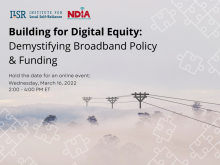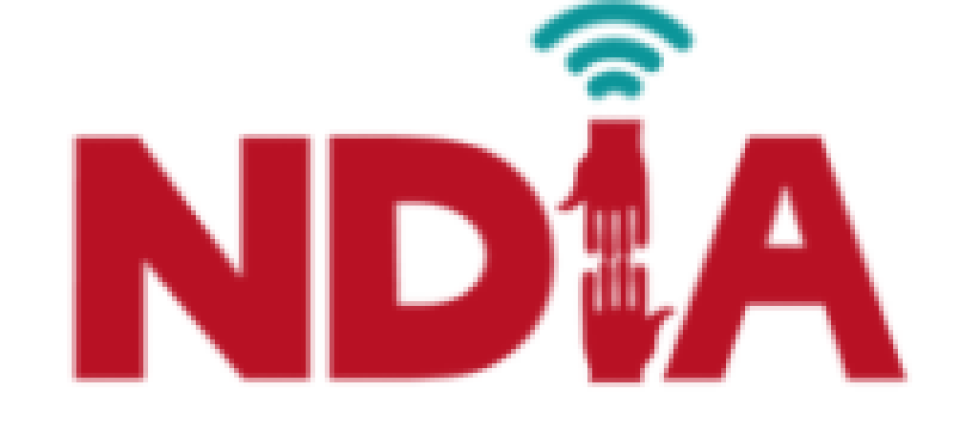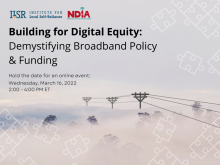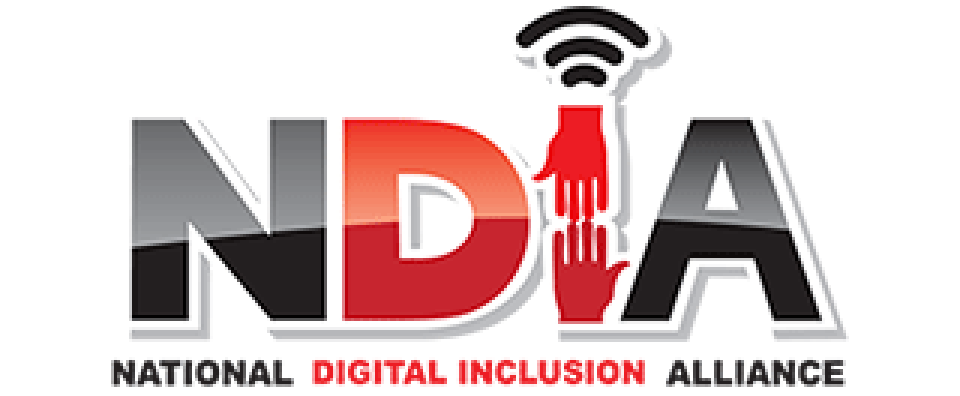Nestled in Southern California’s Inland Empire is the city of Moreno Valley which goes by the maxim: "People, Pride, Progress!” Now, city officials are looking to live up to the motto by moving forward with a plan to expand Internet access to residents by utilizing 35 miles of fiber assets and 11,000 city utility poles to extend public Wi-Fi access to as many homes as possible.
Home to over 213,000 residents, the city of Moreno Valley is in the beginning stages of developing a Master Plan to extend its existing fiber and wireless networks. The goal of the plan, being completed by Magellan Advisors, is to leverage city-owned assets to expand Internet access and lower the cost of connectivity for public-sector organizations, businesses, and community anchor institutions.
The Master Plan calls for a focus on expanding Moreno Valley’s municipal network in a way that would promote economic development; support education, healthcare, and public safety in the city, and generally improve quality of life for residents living in an increasingly interconnected world.
Moreno Valley and Magellan, a national consulting firm, are currently in the first phase of assessing the feasibility of the project and developing the Master Plan, which is anticipated to be complete by the end of the year.
Phase 1 of the plan consists of conducting an inventory of broadband assets, interviewing city staff and other major stakeholders (such as larger hospitals, school districts and warehousing groups), conducting online surveys to understand current broadband availability, and putting together a cost-benefit analysis.
“Putting that whole picture together is what Magellan Advisors is helping us do. They’re taking a look at everything we have - what’s connected, what’s almost connected but not quite. They’re going to develop a Master Plan and give [the city] suggestions as to what we could do, so we can place assets more intentionally,” Steve Hargis, the city’s Chief Information Officer told ILSR in a recent interview.












